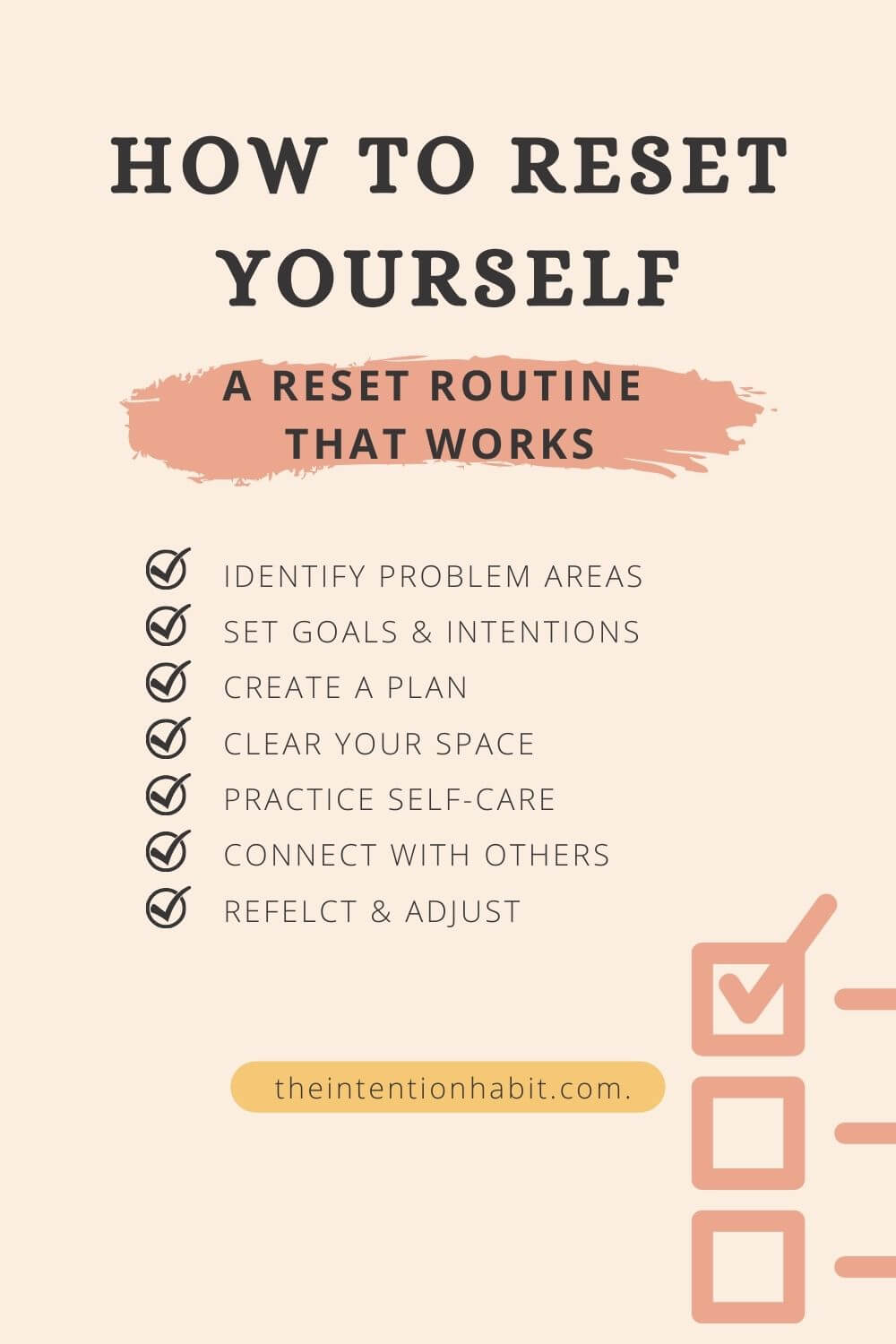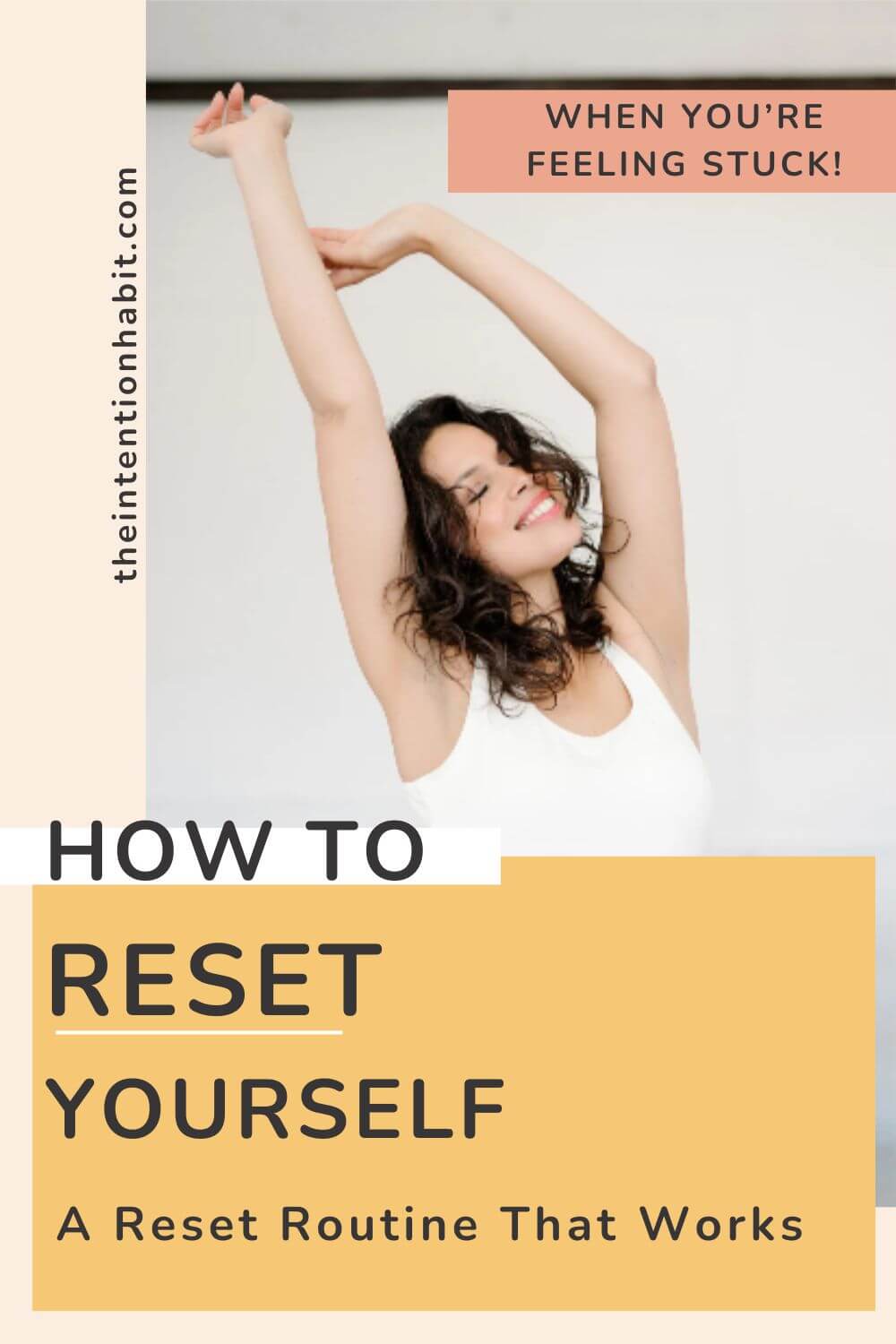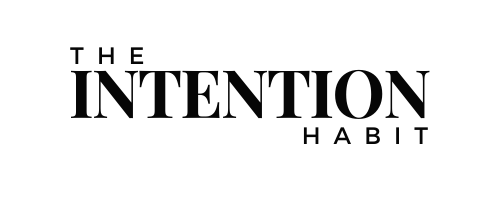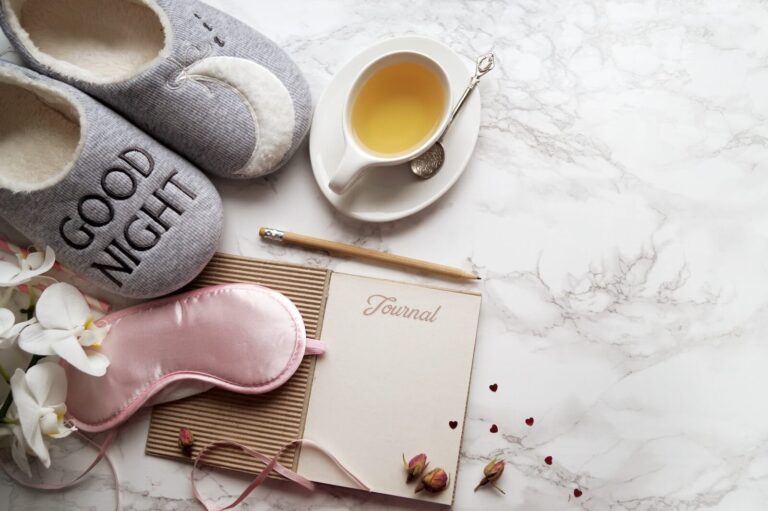How to Reset Yourself: A Reset Routine That Works
Wouldn’t it be great if we had our own personal reset button? Life can often feel like a never-ending cycle of responsibilities and expectations. It’s easy to get caught up in the demands of work, relationships, and personal goals, leaving little time for ourselves. That’s where the concept of personal resetting comes in. Taking the time to reset yourself is crucial for maintaining a healthy life balance and overall well-being.
In this article, we’ll discuss the steps involved in the reset process and explore tips for taking care of your mental health, boosting your physical well-being, fostering meaningful social connections, embracing mindfulness techniques, rekindling your personal hobbies, and even taking a digital detox.
You will have the tools and knowledge to create your own reset routine for when you need to give life a fresh start!
Key Takeaways:
- Personal resetting is crucial for maintaining a healthy life balance and overall well-being.
- Resetting yourself involves consciously reassessing different areas of your life, such as mental health, emotional well-being, physical wellness, and self-care routine.
- By implementing a reset routine, you can address imbalances and make positive changes for personal growth.
What Does It Mean To Reset Yourself?
So, what does it mean to reset yourself?
It involves consciously pausing and reassessing different areas of your life to achieve a sense of balance. This includes your mental health, emotional well-being, physical wellness, and self-care routine. By implementing a reset routine, you can make intentional choices to improve these aspects of your life.
Why is resetting yourself necessary? When you neglect certain areas of your life for too long, it can lead to burnout, stress, and a general feeling of being overwhelmed.
Resetting yourself allows you to address any imbalances and make positive changes.
It’s about taking a step back, reassessing, and making intentional changes to improve your overall well-being. When you feel overwhelmed, stressed, or stuck in a rut, it may be a sign that you need to reset.
A personal reset is not just about addressing one aspect of your life. It involves looking at various elements such as your mental health, physical wellness, social connections, and personal hobbies. It’s about finding harmony and alignment in these areas to create a more fulfilling and balanced life.
The purpose of resetting yourself is to regain control, establish healthy habits, and create a solid foundation for your personal life and everything that is involved in that.
How To Reset Yourself: The Reset Routine
There is no one-size-fits-all approach to resetting yourself, as everyone’s needs and circumstances are different. However, there are some general steps you can take to create a reset routine that works for you.
- Identify problem areas: The first step in resetting yourself is identifying what areas of your life are causing imbalance or stress. This could be your work-life balance, lack of self-care, or not having a clear direction in life. Take some time to reflect on what’s working and what needs improvement.
- Set goals & intentions: You know what needs to change so now you need to decide how it needs to change. Once you have identified your problem areas, set realistic and achievable goals for each one. This will give you a sense of direction and purpose in your reset routine. It’s important to be intentional about your choices during this reset period. What’s missing in your life right now? Choose that over the thing that is wearing you down or leaving you feeling overwhelmed.
- Create a plan: Once you have set your goals and intentions for how you want life to look instead and what changes need to happen, create a plan of action to help you achieve them. This could involve setting a schedule to prioritise the things you want to fit into your days, breaking down your goals into smaller steps, and seeking support from friends or professionals.
- Clear your space: There is power in decluttering your home and your environment. Clutter reminds us of unfinished tasks and gives us a feeling of unease. A clear space can help with a clear mind and this is a step that should not be skipped. It doesn’t mean decluttering your entire house, but make a conscious effort to reduce some of that visible clutter.
- Practice self-care: Resetting yourself also means taking care of your physical, mental, and emotional well-being. Make time for activities that bring you joy and help you recharge, such as exercise, reading, or spending time in nature.
- Connect with others: Social connections are an important aspect of our well-being. Make an effort to connect with friends and loved ones, whether it’s through a phone call, video chat, or in-person meet-up. Often time with someone who lifts you up can be an incredible reset, even for those of us who are introverts.
- Reflect and adjust: As you go through your reset routine, take time to reflect on your progress and make adjustments as needed. Remember that resetting yourself is an ongoing process,

Tips for Taking Care of Your Mental Health
When you are stuck in bad habits and a season of overwhelm and stress, it can impact your entire physical and mental self – fatigue, breakouts, poor sleep, difficulty finding joy. This is why making big changes and resetting your life is necessary.
- Practice self-compassion: Be kind to yourself and treat yourself with the same compassion you would show to a loved one.
- Engage in self-reflection: Take time to reflect on your emotions, thoughts, and experiences. This can help you gain a deeper understanding of yourself and your needs.
- Set boundaries: Establish clear boundaries to protect your mental well-being. Learn to say no when necessary and prioritize your own needs.
- Manage stress: Find healthy outlets for stress, such as meditation, deep breathing exercises, or engaging in activities that bring you joy.
- Take breaks: Allow yourself to take regular breaks throughout the day to rest and recharge. This will help prevent burnout and improve productivity.
- Cultivate a positive mindset: Practice gratitude and focus on the positive aspects of your life. Surround yourself with positive influences and avoid negativity.
- Seek support: Reach out to friends, family, or professionals for support when needed. Having a strong support system can significantly contribute to your mental health.
- Practice self-care: Engage in activities that bring you joy and relaxation. This could include hobbies, pampering yourself, or engaging in activities that promote self-expression.
- Get enough sleep: Prioritise good sleep habits by establishing a consistent sleep routine and creating a peaceful sleep environment.
- Take a digital detox: Be mindful of the type and amount of media you consume. Take breaks from social media and news to reduce information overload and potential stress triggers.
- Declutter: Clutter is a huge factor in feeling stressed and overwhelmed! Decluttering my space has always been one of the biggest factors in helping me with a mental reset. Having an environment that doesn’t feel distracting is instantly calming!
Boosting Your Physical Health
Taking care of your body is essential for restoring balance and rejuvenating your mind. Studies show that women need more sleep than men and are more likely to suffer anxiety, depression and insomnia, partly due to the impact of hormones on our sleep-wake cycles. Here are some tips to help you boost your physical health:
- Get enough sleep: Yes, again with the sleep! Sleep is far more important than you likely realise! Adequate sleep is vital for your physical and mental well-being. Aim for 7-9 hours of quality sleep each night to recharge and allow your body to heal.
- Maintain a balanced diet: Fuel your body with nutritious food that provides the necessary vitamins, minerals, and energy. Incorporate a variety of fruits, vegetables, lean proteins, whole grains, and healthy fats into your diet.
- Stay hydrated: Drink plenty of water throughout the day to keep your body hydrated and support its functions. Limit the intake of sugary and caffeinated beverages.
- Engage in regular exercise: Physical activity not only improves your physical health but also releases endorphins that boost your mood. Find activities that you enjoy, whether it’s going for a walk, practising yoga, or playing a sport. The key word here is enjoy… don’t force yourself to do physical activity you hate!
- Take breaks and stretch: If you spend long hours sitting at a desk or in front of a screen, take regular breaks to stretch your body and release tension. Incorporating stretching exercises into your routine can help improve flexibility and reduce the risk of muscle strain.
Importance of Social Connections
Cultivating and maintaining meaningful relationships can have a profound impact on your overall well-being and help you navigate through life’s challenges. Here are some ways to foster these connections:
- Nurture existing relationships: Take the time to reach out to loved ones, friends, and colleagues. Schedule regular catch-ups, whether in person or virtually, to stay connected and maintain a sense of community.
- Join social groups or clubs: Seek out groups or clubs that align with your interests and hobbies. This not only expands your social circle but also provides opportunities to meet like-minded individuals who share similar passions.
- Volunteer: Giving back to your community not only benefits those in need but also allows you to connect with others who are also passionate about making a difference. Explore local organizations or charities that resonate with you and lend a helping hand.
- Engage in active listening: When engaging in conversations, practice active listening by being fully present and showing genuine interest in what others have to say. This helps foster deeper connections and demonstrates your willingness to understand and support those around you.
- Plan social activities: Organize social activities such as game nights, hikes, or dinners with friends. These shared experiences provide opportunities for bonding, laughter, and creating lasting memories.
Remember, building and maintaining social connections takes effort and intention and even as an introvert, time with others is healthy and necessary. By making time for meaningful relationships and connecting with others, you can enhance your overall well-being and support your personal reset journey.
Embracing Mindfulness Techniques
Inhale deeply, hold for a moment and exhale slowly. This can help calm your mind and reduce stress.
- Body scan meditation: Lie down or sit in a comfortable position. Close your eyes and scan your body from head to toe, paying attention to any areas of tension or discomfort. Release any tension you feel and relax each part of your body.
- Mindful eating: Slow down and savour each bite of your meals. Pay attention to the flavours, textures, and smells. Eating mindfully can help you develop a healthier relationship with food and improve digestion.
- Journaling: Take a few minutes each day to write down your thoughts and feelings. This can help you become more aware of your emotions and gain clarity on any challenges or issues you may be facing.
- Gratitude practice: Start or end your day by reflecting on three things you’re grateful for. This can shift your focus to the positive aspects of your life and cultivate a sense of appreciation.
- Progressive muscle relaxation: Tense and relax each muscle group in your body, starting from your toes and working your way up to your head. This technique can help release physical tension and promote relaxation.
Rekindling Your Personal Hobbies
They offer a way to reconnect with our passions and unwind from the demands of daily life. Whether it’s painting, playing an instrument, cooking, or gardening, engaging in activities that bring us joy and fulfilment is essential for our overall well-being.
Sometimes you’ve just got to dance around the kitchen to your favourite music and do what feeds your soul to find alive again!
Here are some tips on how to maintain your personal hobbies consistently:
- Create dedicated time: Set aside specific time slots in your schedule for your hobbies. Treat this time as non-negotiable and prioritize it just like any other appointment or commitment.
- Start small: If you’re finding it difficult to make time for your hobbies, start with shorter sessions. Even a 15-minute practice or creative session can make a difference. Gradually increase the duration as you build momentum.
- Set goals: Having clear goals for your hobbies can provide a sense of purpose and motivation. Whether it’s completing a painting, learning a new song, or mastering a recipe, set achievable goals that you can work towards.
- Find a community: Joining a community of like-minded individuals who share your interests can be a great way to stay motivated and inspired. Look for local clubs, workshops, or online forums where you can connect with others who have similar hobbies.
- Experiment and explore: Don’t be afraid to try new things within your hobby. Explore different techniques, styles, or genres to keep things fresh and prevent boredom. Embrace the learning process and embrace the journey of growth.
- Embrace flexibility: While consistency is important, it’s also vital to be flexible with your hobbies. Life can be unpredictable, and there may be times when you can’t dedicate as much time as you’d like. Instead of feeling guilty, give yourself grace and adjust your routine accordingly.
Remember, personal hobbies are not just a form of entertainment; they are a vital part of who we are. By making a conscious effort to prioritise and maintain these hobbies, we allow ourselves to reset, recharge, and find joy in the activities that bring us the most fulfilment.
Taking A Digital Detox
Taking a digital detox can be a powerful way to reset yourself and reconnect with the present moment. Here are some tips for an effective digital detox:
- Set boundaries: Start by setting clear boundaries for your digital usage. Establish specific times when you will disconnect from devices and focus on other activities.
- Create device-free zones: Designate certain areas in your home, such as your bedroom or dining room, as device-free zones. This will help promote a sense of relaxation and improve your overall well-being.
- Unplug from social media: Consider taking a break from social media platforms. Limit your time spent on these apps or temporarily deactivate your accounts to give yourself a break from the constant stream of information and comparison.
- Engage in offline activities: Rediscover the joy of offline activities. Spend quality time with loved ones, pursue hobbies, read books, or engage in physical activities that nourish your body and mind.
- Evaluate your digital habits: Reflect on your digital habits and identify any unhealthy patterns. Are you mindlessly scrolling through your phone before bedtime? Are you constantly checking your email? Recognizing these habits can help you make positive changes.
- Practice mindfulness: Use the time you would normally spend on your devices to practice mindfulness. Engage in activities that promote self-reflection, such as meditation, journaling, or simply being present in the moment.
A digital detox is not about completely disconnecting from technology forever, but rather about finding a healthier balance. By taking intentional breaks from the digital world, you can improve your mental clarity, regain focus, and enhance your overall well-being.
Onwards and Upwards: The Journey Beyond the Reset
There are times in our lives when we all need to reset ourselves and make some big changes to find our happy again! This reset routine can help you narrow in on what is causing you to feel unbalanced and set plans in motion to make positive changes.
Some seasons of life are much harder than others but you have the power to regain control of how you feel and how you show up for yourself!
For a fresh start each month, try this monthly reset checklist at the beginning of a new month.








